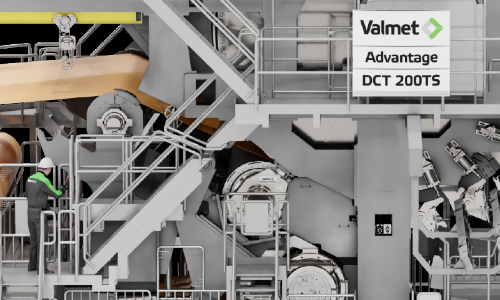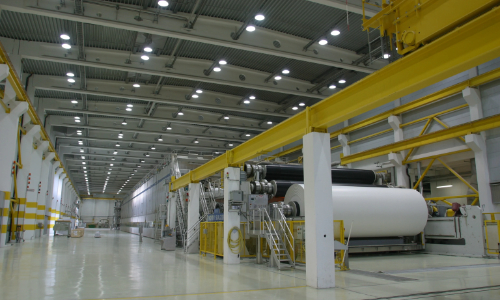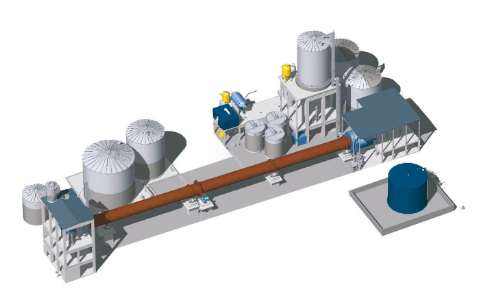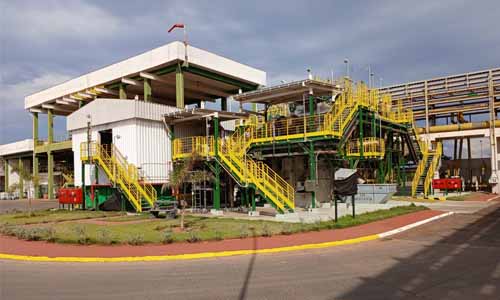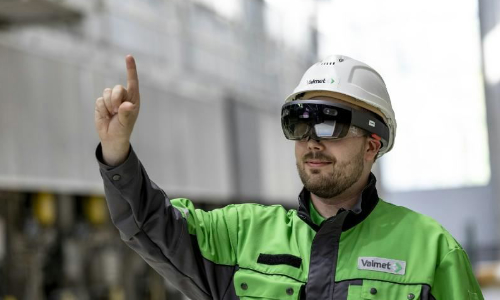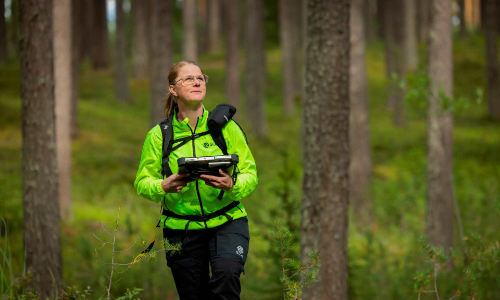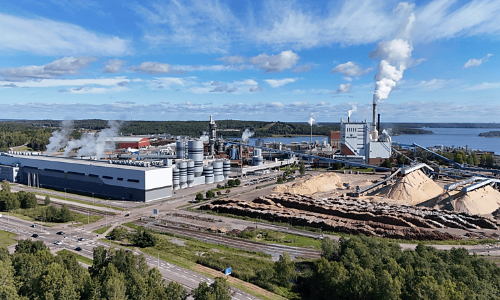
The European Commission released today a communication on ‘Boosting biotechnology and biomanufacturing in the EU’. The publication was a positive sign for the members of the Circular Choices coalition, a group of 20 EU trade associations representing providers of renewable products and energy solutions – wood, fibre-based, paper, products and packaging, bioenergy industries – supported by EU forest owners and managers.
Circular Choices coalition members gathered today in Brussels for a public event to discuss the need to sustain their sector’s global leadership in innovation as well as its role in the EU ‘open strategic autonomy’, which aims to balance security and competitiveness while limiting external dependencies.
Both topics figured pre-eminently in today’s communication, which acknowledged the EU’s innovation leadership in biotech and in the nascent sector of biomanufacturing, its strong domestic supply of renewable raw materials, but also the intense technological competition at global level for a sector which is meant to grow rapidly in the coming years. To enable Europe to retain its globally competitive position the EU Commission is now meant to develop a supportive regulatory framework and address a number of existing challenges and barriers.
These topics were echoed during today’s Circular Choices event: Building EU open strategic autonomy through bioeconomy and innovation. Supported by the Belgian Presidency of the Council, the event gathered input from Member of the EU Parliament Franc Bogovič, the EU Commission’s Head of the Bioeconomy Sector in DG RTD Adrian Leip, joined by CEOs, including Sappi Europe’s Marco Eikelenboom,
and innovators from an already mature forest-based bio-based manufacturing sector – home to a high number of the world’s most advanced biorefineries. Their products already have a positive impact on climate. It is estimated that the forest-based sector allows for the annual sequestration of 806 Mt of CO2 equivalent – this corresponds to mitigating 20% of the EU’s total fossil emissions. An effect can be enhanced if more fossil raw materials, products and energy can be displaced.
The communication recognises the need to “review the assessment of fossil-based and bio-based products to ensure equivalence in treatment”. Coalition members however agree that the EU Commission could go even further by optimising the EU internal market for bioeconomy products to scale up on domestic markets, considering their role both in climate change mitigation and ensuring a strategic open autonomy.
The Commission now needs to spring to action and tackle head on some of the obstacles foreseen for scaling up the EU bioeconomy, for example the regulatory framework, while other systemic threats such as the availability of affordable clean energy need to be addressed. Through swift action, Europe could become again the leading continent for investing in the circular bioeconomy.












